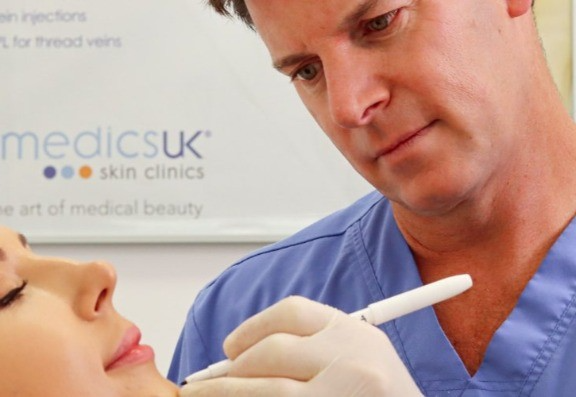The summer has been without a doubt the best for a few years and will be remembered as the first ‘proper’ summer in a while, with July in particular delivering day after day of hot sunshine.
The warmth has of course encouraged millions of us to spend more time outdoors, yet despite the media warnings, many Brits would confess to not having been sufficiently protected from the sun at all times and risking over-exposure to the sun’s harmful rays.
Who can honestly say they’ve never fallen prey to one of these temptations:
The skin turning pink is an early sign that the skin has been over-exposed to the sun and damaged. If that redness lasts or subsequently the skin peels, that indicates more severe sun damage. Yet even those that have not endured red, inflamed or peeling skin could still have sun-damaged skin.
Moles and the Sun
Most Brits have a certain number of moles – usually around 30, although it can be over 300. Moles have been linked to sun exposure but are also related to a number of other factors such as skin type and family genetics.
Most moles are of no medical concern, yet “Malignant Melanoma” is a dangerous, cancerous form of mole. It is therefore very important to check regularly for any changing or new moles that can sometimes become more obvious after sun exposure.

Malignant melanoma moles can be found on any part of the body but typically in men are found most commonly on the back and in women on the legs. It is always also important to check areas that the sun does not see such as soles of feet and the bottom as they rarely can appear in areas that have never seen the sun, so no area should be neglected.
All adults should do a regular self-check for moles, looking for new or changing moles, particularly ones that stand out or look ugly compared to the other moles. Most melanomas (70%) are new moles that often change over 3-9 months but could be a fast-growing new mole or else a pre-existing mole that changes size, shape, and colour or starts to bleed, itch or redden.
Read more in the ABCDE rule, which describes the features of early melanoma and is described further in The Facts About Moles.
Remember, the majority of moles are actually harmless, but it is very important to be alert to any that may cause a problem. If in doubt, see a GP – moles posing a medical concern are usually removed very quickly and this treatment is covered by the NHS.
Private mole removal is the fastest solution for moles that are not of medical concern; unfortunately, the NHS considers this a cosmetic issue. Mole removal either using laser or surgery is a straightforward and quick procedure with a trained doctor, requiring just a local anaesthetic and normally leaves only a very small scar.
If you want to read more, the experts at Consulting Room really know what they're talking about and have put together mole removal and sunscreen FAQs just for you.
If you have more questions, you can use the mole removal and sunscreen questions feature to talk to our panel of trained medical experts.
If you're keen to get started with any of these treatments right away then you're in luck - those clever folks also have a list of trusted, accredited mole removal and sunscreen clinics in your area.
Many thanks to the author of this blog Dr Ross Perry who Established Cosmedics Skin Clinics in 2003 in the City of London.
As most of his patients already know, he is very much a perfectionist in all aspects of his work.
Ross’s private work consists of minor surgical procedures such as mole, wart, and skin tag removal using modern methods and techniques for minimal scarring.

Should aesthetic treatments be a one-off or something you should regularly consider? It’s important to find the right balance...
As non-surgical aesthetic treatments grow in popularity, choosing the right practitioner is more important than ever...
Menopause can throw up some rapid changes in the skin. Dryness, dull complexion, wrinkles, lumps and bumps are but a few. So what is happening and why?
Hey, wait!
Before you go.....
Let's stay in touch, pop your details here and we'll send our editor's hand-picked updates on your fave subjects.